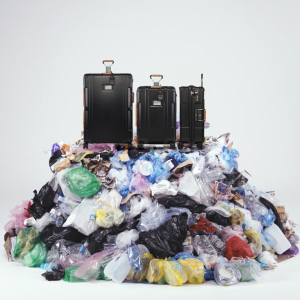Single Mine Origin – a new industry standard for responsibly sourced and fully traceable gold
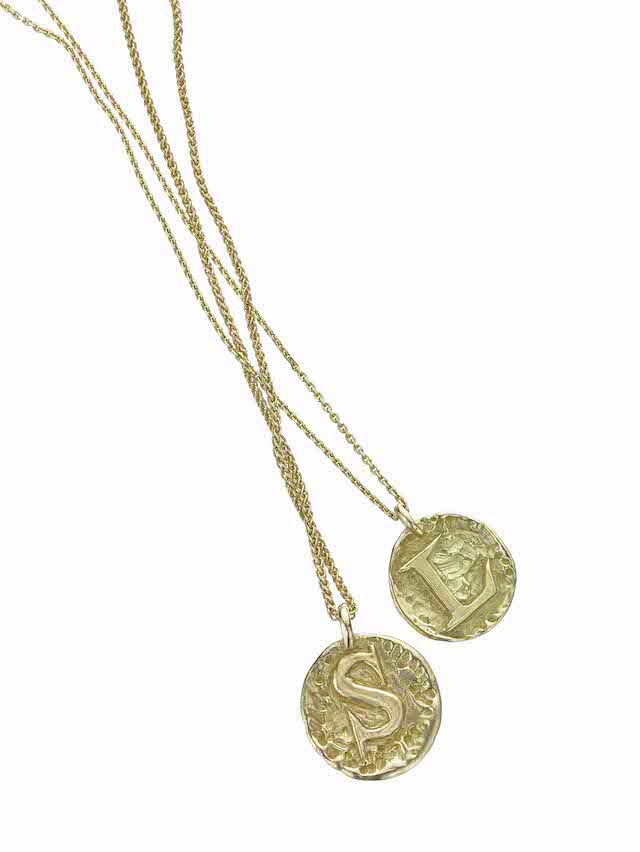
The Betts family name has been inseparable from precious metals since the dawn of the industrial revolution. Originally established in Birmingham, 1760, today they operate the only Fairtrade and Fair Mined certified facility in the UK, and recently, have created a new industry benchmark for gold mining.
Mining malpractice is well documented – destruction of natural ecosystems, toxic contamination of water, displacement of vulnerable or indigenous communities – but largely ignored. SMO (or Single Mine Origin) is an initiative that challenges this, and one that is ten years in the making by Dan and Charlie Betts, brothers representing the 9th generation of the British gold bullion firm. It ensures gold is responsibly sourced, fully traceable to mines operating above and beyond World Gold Council standards, and helping to deliver community programmes in education, agriculture and healthcare. In part responding to the wider (and justified) trend of information on provenance, each SMO gold piece comes with a QR code which allows the jeweller and end buyer to see who mined their gold and where in the world it came from, as well as its positive environmental and social impact. Proving that the model is scalable with its first mine in Mali (and with over 2,500 jewellers having switched to the hallmarked service), the duo hope that mines worldwide will aim to meet their new criteria that guarantees mining land is not simply rehabilitated, but improved in the long-term.
Port caught up with the Betts brothers to discuss heritage, family, and sustainability outside of a terrestrial lens.

I understand you worked hard for over a decade to get this ready, what were some of the challenges, ups and down, over the past ten years?
Charlie: From a jewellery perspective, SMO has been very well received. We had to do a lot of work to have confidence that we could offer a really reliable supply of SMO gold and that the chain of custody was solid before we launched, but it is a solution to a problem that a lot of jewellers have had in that it addresses responsible sourcing questions without adding an enormous layer of administration and cost. People are naturally wary and resistant to change, so I suppose the main challenge I see is getting jewellers to realise that it is incredibly straightforward to make a positive change and also to understand that they don’t need to solve every single challenge in their supply chain on day one.
Where in the world are your mines based Who are some of the people and communities you’ve gotten to know through this process?
Dan: Engagement mainly been through Hummingbird Resources and Endeavour Mining as early adopters of the SMO initiative, both those companies are focused in West Africa with operation in the Ivory Coast, Liberia, Burkina Faso, Mali, Guinea and Senega. There are numerous communities in each and every mine site, and the various government interface that the mining company’s operate with has been fascinating. SMO isn’t limited to that part of the world, it’s an initiative that can cover the globe and the various different communities it can interface with is part of both the challenge and the fascination with the project.
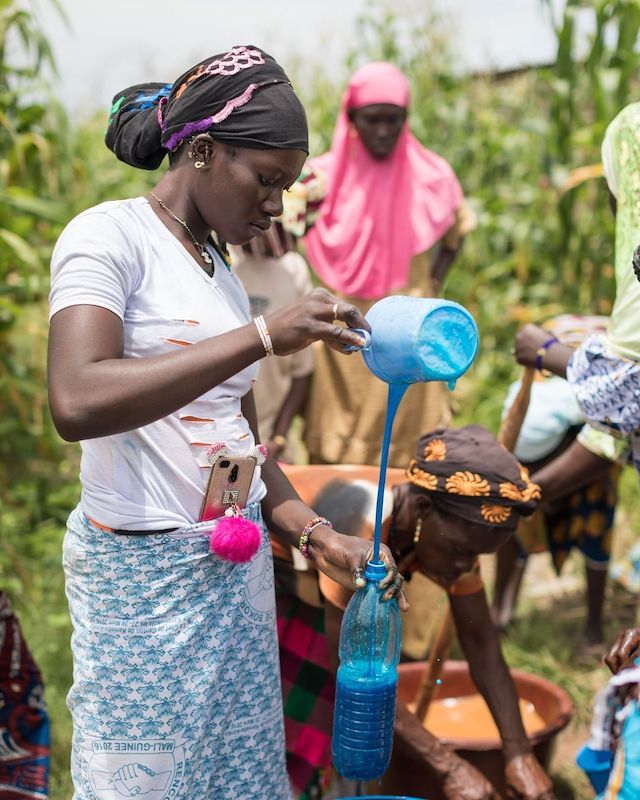
How does your history and heritage inform this new venture?
Charlie: Having been running a family business in the jewellery industry for over quarter of a millennium, spanning nine generations, I think our outlook is naturally very long term. I think we have brought this approach into the mining sphere as well by trying to consider the impact of our activities on communities and environments well beyond the lifespan of a single mine. SMO’s vision is to drive the jewellery and mining industries towards ever better accountability and sustainability over the long term.
How are you able to achieve full traceability without the usual premium this entails?
Charlie: This is really a question of scale. The vast majority of the premium usually associated with fully traceable products comes from the fact that economies of scale are not being achieved. By working with large corporate mining partners, we are able to slightly lean on their balance sheets and refine batches of SMO gold at significant scale. There will always be some additional costs associated with segregation through refineries and audit costs, but if supply and demand are significant enough, those additional costs become small enough that they can be absorbed within the manufacturing process.
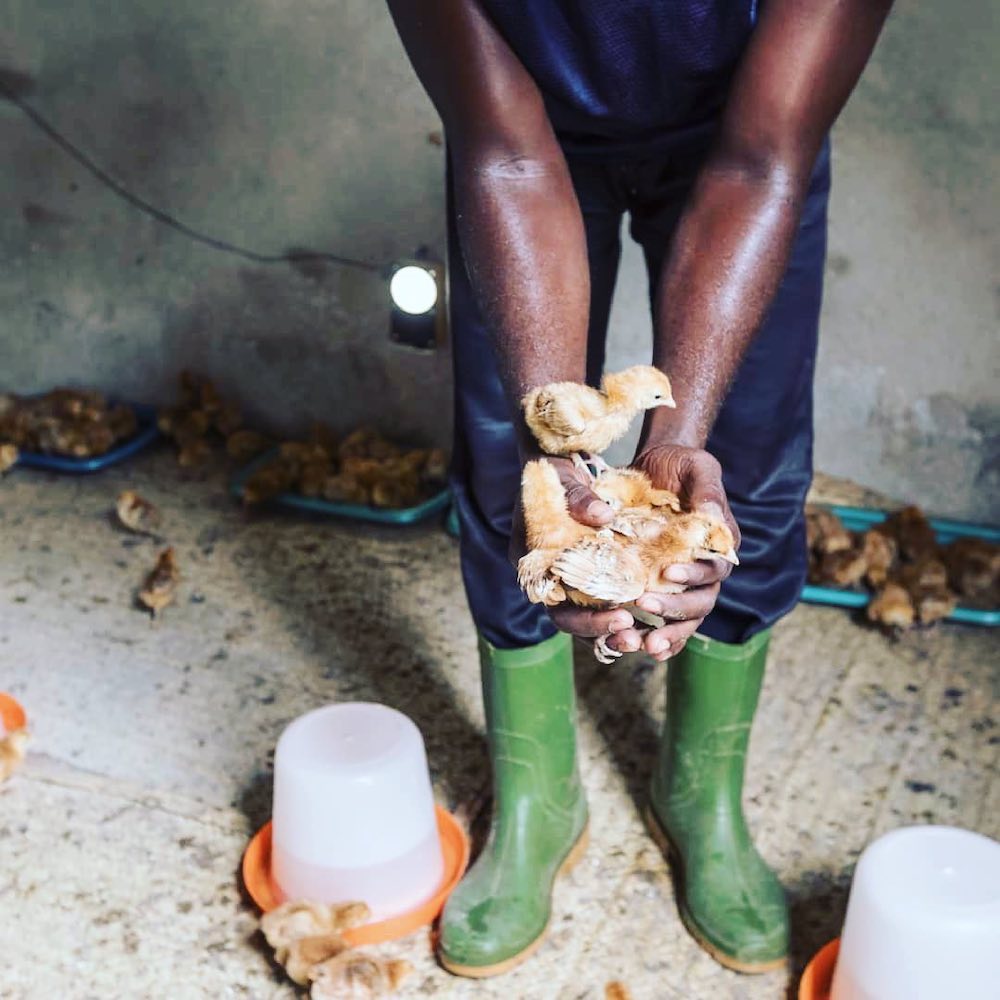
What is it like working with family?
Charlie: It’s great. I think Dan and I complement each other really well professionally. I’m smart, handsome, hard-working and self-deprecating and he’s lazy, unattractive and not as intelligent as I.
Dan: I agree with Charlie, we complement each other pretty well and generally speaking I’m the entrepreneurial, swashbuckling firestarter and Charlie is the grunt in the back office that just gets on with the job, works pretty well!
Joking aside, working with family has its challenges as emotional and political angles to the relationship differ to any other working environment, but fundamentally it’s great as you completely trust and support each other, knowing there is no agenda other than success. When you have a project like this, where your skills are diverse and you complement each other – I think it’s a very powerful thing.
How is SMO helping smaller jewellers and brands?
Charlie: SMO is absolutely not just for major brands, it is available to everyone. We have been lucky to have had early engagement with some major jewellery brands, but there is no minimum order or size of jeweller who can adopt SMO. We do not make jewellers jump through costly administrative hoops and try to support smaller jewellers and designers by providing sales collateral and by promoting them across social media and online.
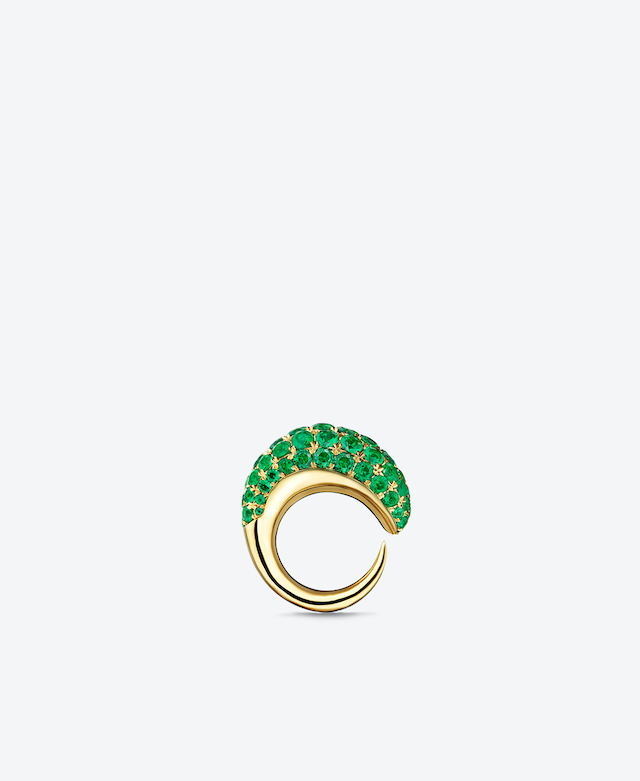
When we discuss sustainability we often view it through an environmental and terrestrial lens – but how is SMO encouraging better social and human sustainability?
Charlie: Considering the environmental sustainability of mining projects is clearly important, the social legacy of a responsibly run mine is just as vital. We are really proud of the work SMO mines do in terms of community engagement and sustainability projects. This spans from improving health, educational and physical infrastructure in host communities to developing alternative livelihood projects such as market gardens and soap making projects which will be sustainable beyond the life of the mine.
Dan: As Charlie says, the engagement to date has focused on health and educational infrastructure projects but also alternative livelihoods. Really though, this is an opportunity for Single Mine Origin to be bespoke to the various mines who are members, as each member has its own unique environment and community. For example at Yanfolila, Mali, there has been a heavy focus on soap making and chicken farming and things that are beneficial to community. I’m sure at the Dugbe mine in Liberia, when that comes on stream, there will be more environmentally focused projects to do with the jungle environment. As you take this concept around the world the beauty is that the projects it supports can be totally tailored to the mines and that gives SMO it’s flavour I suppose. Mining itself is not a sustainable business, you’re excavating a finite resource so the key is that you reinvest in the communities and leave a sustainable legacy which is tailor made.
Do you believe full traceability will be the industry standard before too long, and that jewellers who are slow to respond will be left behind?
Charlie: Some jewellers are pioneering and drive change with their own actions, but the majority naturally just react to the demands of their customers. Modern consumers are undoubtedly starting to ask more questions about the products they buy. With an emotive purchase like jewellery, people increasingly want confidence that there are no negative associations with their purchase and ideally want to feel it has made a positive impact. Full traceability can provide a transparent link to a responsible source and therefore showcase the beneficial impact a product is having; I think this is only going one way and jewellers will increasingly need to engage with provenance if they want to thrive.
